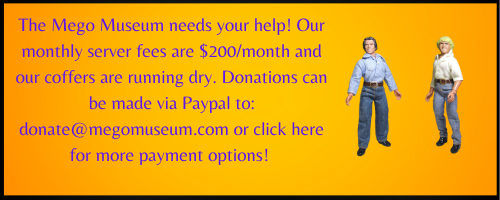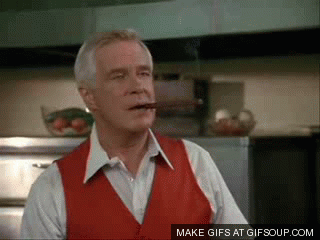Ya'll may want to check your child's bibs.
WASHINGTON, Aug. 14 — Certain vinyl baby bibs sold at Toys “R” Us stores appear to be contaminated with lead, laboratory tests have shown, making the inexpensive bibs another example of a made-in-China product that may be a health hazard to children.
The vinyl bibs, which feature illustrations of baseball bats and soccer balls and Disney’s Winnie the Pooh characters, are sold for less than $5 each under store brand labels, including Especially for Baby and Koala Baby.
Tests this summer, financed by the Center for Environmental Health of Oakland, Calif., found lead as high as three times the level allowed in paint in several styles of the bibs purchased from both Toys “R” Us and Babies “R” Us stores in California.
A separate test by a laboratory hired by The New York Times of the same Toys “R” Us bibs, purchased in Maryland, found a similar level of contamination.
“These bibs are exposing children to lead in an unnecessary way,” said Caroline Cox, research director at the Center for Environmental Health, a nonprofit agency that for the last decade has been testing consumer products for lead, in an effort to remove them from the market.
WASHINGTON, Aug. 14 — Certain vinyl baby bibs sold at Toys “R” Us stores appear to be contaminated with lead, laboratory tests have shown, making the inexpensive bibs another example of a made-in-China product that may be a health hazard to children.
The vinyl bibs, which feature illustrations of baseball bats and soccer balls and Disney’s Winnie the Pooh characters, are sold for less than $5 each under store brand labels, including Especially for Baby and Koala Baby.
Tests this summer, financed by the Center for Environmental Health of Oakland, Calif., found lead as high as three times the level allowed in paint in several styles of the bibs purchased from both Toys “R” Us and Babies “R” Us stores in California.
A separate test by a laboratory hired by The New York Times of the same Toys “R” Us bibs, purchased in Maryland, found a similar level of contamination.
“These bibs are exposing children to lead in an unnecessary way,” said Caroline Cox, research director at the Center for Environmental Health, a nonprofit agency that for the last decade has been testing consumer products for lead, in an effort to remove them from the market.




Comment